Rebar spacing for concrete landscaping
Joe Macker
3 years ago
Featured Answer
Sort by:Oldest
Comments (15)
GN Builders L.L.C
3 years agoMark Bischak, Architect
3 years agolast modified: 3 years agoRelated Professionals
Reading Landscape Architects & Landscape Designers · Palm Beach Gardens Landscape Contractors · Minneapolis Decks, Patios & Outdoor Enclosures · Pittsburgh Decks, Patios & Outdoor Enclosures · Troy Decks, Patios & Outdoor Enclosures · Dent Stone, Pavers & Concrete · Rolling Meadows Stone, Pavers & Concrete · Grandview Swimming Pool Builders · South Pasadena Architects & Building Designers · Binghamton General Contractors · Seal Beach General Contractors · Moraga Kitchen & Bathroom Designers · Golden Glades Furniture & Accessories · Bloomington General Contractors · Port Washington General ContractorsJoe Macker
3 years agolast modified: 3 years agojust_janni
3 years agoSeabornman
3 years agoMark Bischak, Architect
3 years agolast modified: 3 years agoGN Builders L.L.C
3 years agogalore2112
3 years agoJeffrey R. Grenz, General Contractor
3 years agoJoe Macker thanked Jeffrey R. Grenz, General ContractorGN Builders L.L.C
3 years agoBT
3 years agoUser
3 years agoJoe Macker
3 years agolast modified: 3 years ago
Related Stories
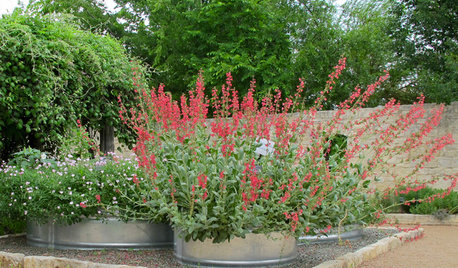
GARDENING GUIDESYou Can Make Space for Native Plants in Any Landscape
Using native species brings ‘terroir,’ or local flavor, to your garden and contributes to healthy wildlife relationships
Full Story
PATIOSLandscape Paving 101: Cast-in-Place Concrete
A construction standard, cast-in-place concrete can be used for a wide variety of project types
Full Story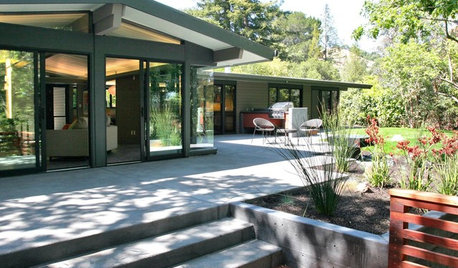
LANDSCAPE DESIGN5 Ways to Make Your Concrete Patio More Attractive
These design ideas can liven up your paved outdoor space
Full Story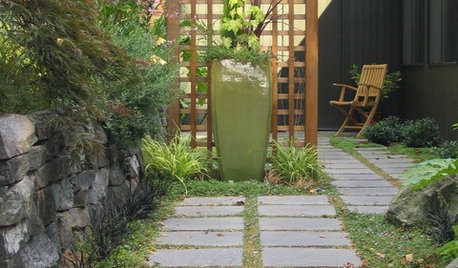
GARDENING AND LANDSCAPINGLandscapes Make a Privacy Statement
Between a fortress and a wide open space lies the sweet spot for just the right amount of privacy in your exterior spaces
Full Story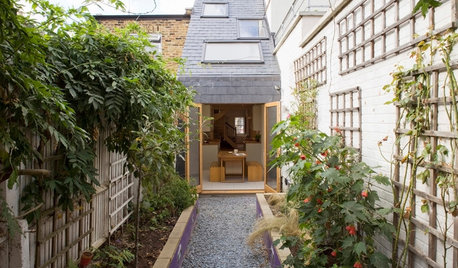
GARDENING AND LANDSCAPING9 Creative Ideas for Urban Outdoor Spaces
You can make the most of your small backyard or balcony with these landscape design elements
Full Story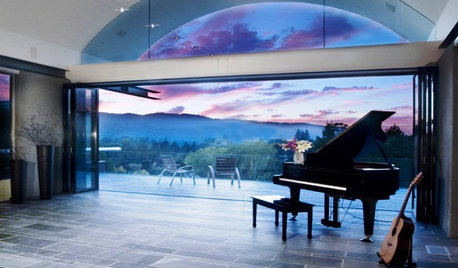
GARDENING AND LANDSCAPINGGarden Design Essentials: Positive-Negative Space
Discover how to place your garden forms for visual balance and eye-pleasing pattern in the landscape
Full Story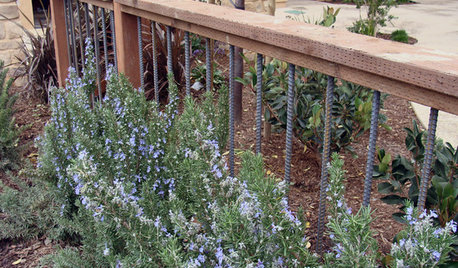
INDUSTRIAL STYLE9 Imaginative Ideas for Industrial Rebar in the Garden
Inexpensive and unexpected, steel bar from any big-box hardware store can give your landscape an edgier look
Full Story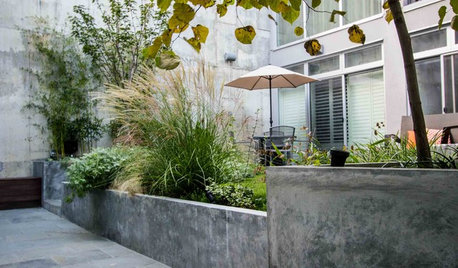
URBAN GARDENSFrom Concrete ‘Jail Yard’ to Lush Escape in Brooklyn
Once stark and uninviting, this urban backyard is now a welcoming retreat for relaxing and entertaining
Full Story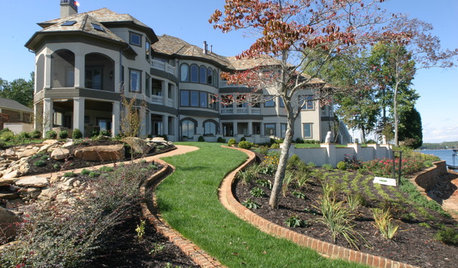
GARDENING AND LANDSCAPINGGarden Edging: Clean Lines for Your Landscape
Brick, Metal, Wood or Concrete Edging Helps Keep Your Garden In Shape
Full Story
GARDENING AND LANDSCAPING8 Great Ways to Use Landscape Pavers
Today's Stepping Stones Define a Space While Adding Affordable Style
Full Story








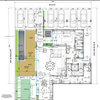
Joe MackerOriginal Author